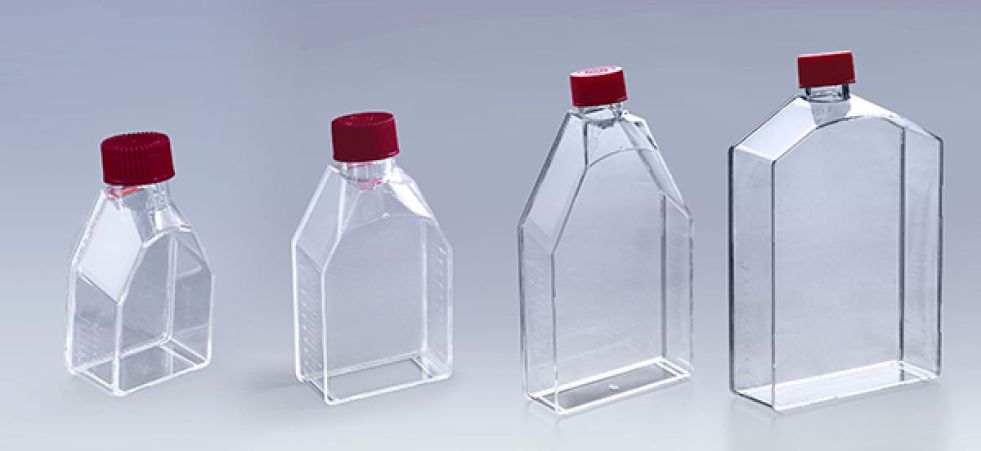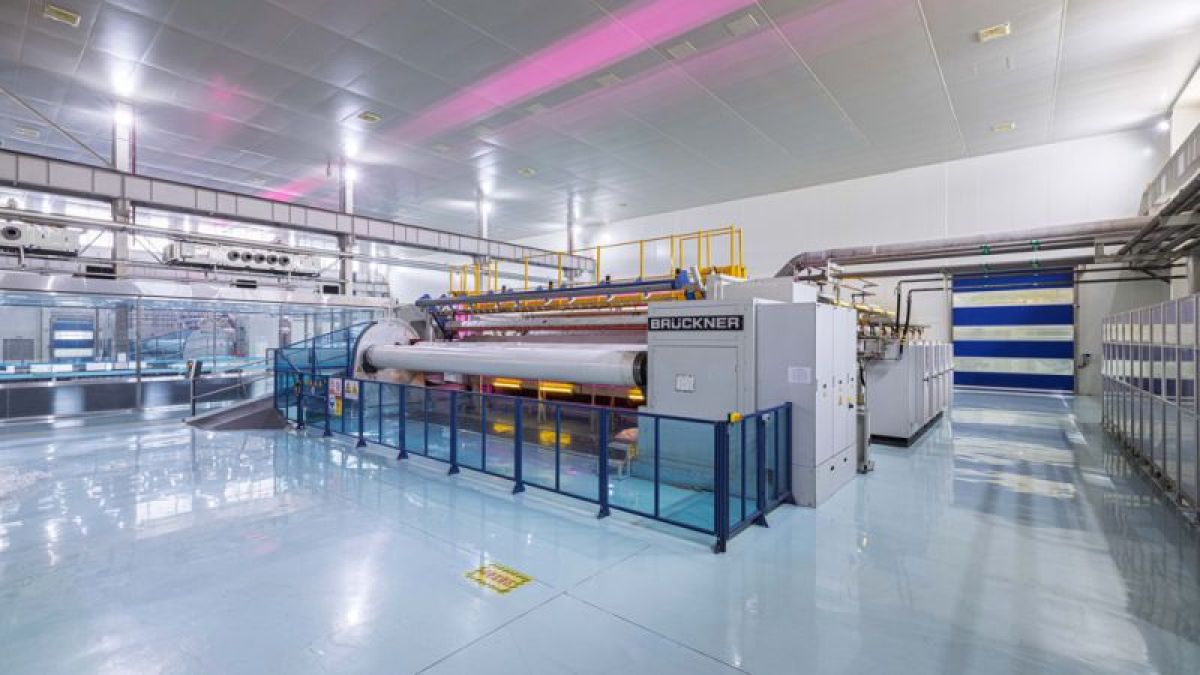Tissue culture flasks play a critical role in this early stage — providing the controlled, reproducible environment required to initiate and expand the seed train that drives large-scale vaccine production.
In vaccine manufacturing, establishing a consistent and contamination-free seed cell system is the cornerstone of process reliability and product quality.
Tissue culture flasks play a critical role in this early stage — providing the controlled, reproducible environment required to initiate and expand the seed train that drives large-scale vaccine production.
1. The Foundation of the Vaccine Seed System
Every vaccine production process begins with the cell seed train, a sequence of culture steps that ensure the stability, purity, and productivity of the host cell line.
Before reaching large-scale vessels such as cell factories or bioreactors, the initial cell expansion typically takes place in tissue culture flasks.
These flasks offer a highly controlled surface environment for adherent cells like Vero, MDCK, or HEK293, which are commonly used for viral vaccine production.
By maintaining consistent culture conditions in this early stage, manufacturers ensure a stable platform for downstream viral amplification and vaccine yield.
2. Importance of Flask Design and Material
The quality of the tissue culture flaskdirectly affects seed cell performance.
FDCELL’s flasks are made from medical-grade polystyrene (PS) with tissue culture–treated surfaces, enhancing cell attachment and spreading.
This surface treatment introduces hydrophilic groups, enabling even distribution and firm adhesion of adherent cells — a key factor for maintaining healthy, uniform monolayers.
The optically clear PS material allows real-time microscopic monitoring of cell morphology and confluence, ensuring that only optimal cell populations proceed to the next expansion stage.
3. Contamination Control and Process Safety
In vaccine manufacturing, contamination prevention is a top priority.
Tissue culture flasksare often used as the first closed environment to minimize exposure risks.
FDCELL flasks are produced in ISO-class cleanrooms, sterilized and tested according to ISO 9001 and ISO 13485 quality standards.
Their vented caps allow sufficient gas exchange while maintaining sterility, providing a stable microenvironment for cell growth and pH balance.
By ensuring sterility and batch-to-batch consistency, these flasks help build a reliable foundation for the entire vaccine production chain.
4. Transition from Flasks to Large-Scale Culture
Once cells reach the desired confluence and quality, they are transferred from tissue culture flasksinto larger culture systems such as multilayer cell factories.
This seed-to-scale transition must preserve the same environmental parameters — including surface properties, temperature, CO₂ balance, and media formulation.
FDCELL’s integrated product line — from tissue culture flasks to 10-layer and 40-layer cell factories — ensures consistent surface characteristics and material quality across scales, minimizing variability during expansion.
5. Applications in Modern Vaccine Platforms
Today’s vaccine technologies — from inactivated and live-attenuated vaccines to viral vector–based and recombinant vaccines — all rely on robust seed systems.
Tissue culture flaskssupport early development of these platforms by enabling:
Cell line establishment and adaptation
Viral strain propagation
Small-scale process development and QC validation
Whether for COVID-19, influenza, rabies, or adenovirus-based vaccines, a stable flask-based seed system is essential for consistent manufacturing outcomes.
Conclusion
Tissue culture flasksform the vital first step in vaccine manufacturing, supporting the development of reliable and contamination-free seed systems.
Their precise design, TC-treated surfaces, and sterility assurance ensure that every batch of cells begins under optimal conditions.
At FDCELL, we provide high-quality PS tissue culture flasks and related consumables designed to meet the demanding standards of vaccine and biopharmaceutical production — helping manufacturers achieve stable, scalable, and reproducible results from the very first culture.




